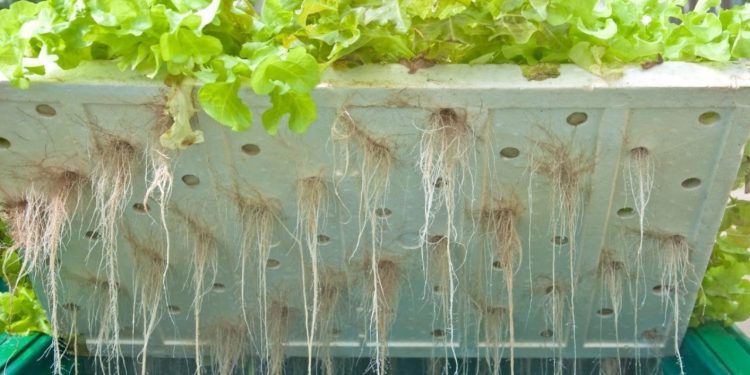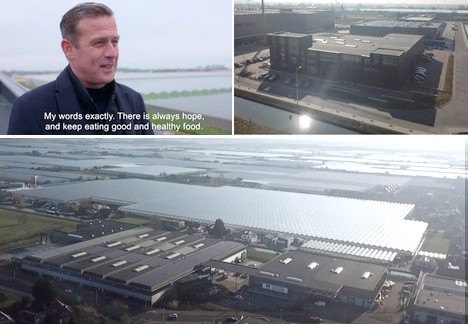#Hydroponics #Agriculture #SustainableFarming #UrbanFarming #Technology #BusinessOpportunities #FoodSecurity #GreenRevolution
Hydroponics, the science of soil-less gardening, is gaining momentum as a promising solution to the challenges of the 21st-century agricultural landscape. This article explores the business prospects of hydroponics in the next ten years, showcasing its potential to reshape the agricultural future, address food security, and offer opportunities for entrepreneurs and investors. With the convergence of technology, government support, and sustainable practices, hydroponics emerges as a green goldmine for the future.
A Blossoming Market: The hydroponics market has witnessed remarkable growth and is projected to expand further in the coming decade. Factors such as technological advancements, sustainable agriculture awareness, and climate change impacts are driving this growth, making hydroponics a lucrative investment.
Hydroponics and Technology Convergence: The fusion of hydroponics with cutting-edge technologies like AI, ML, and IoT leads to “smart hydroponics”. Predictive analytics and real-time monitoring enhance productivity and yield, making hydroponics a technologically advanced cultivation method.
Urban Farming and Food Security: With rapid urbanization and diminishing arable land, hydroponics offers a space-efficient and high-yield solution for urban farming. Transforming rooftops and unused spaces into productive landscapes reduces the dependence on long-distance transportation of produce, ensuring food security for urban populations.
Government Initiatives and Policy Support: Positive government initiatives and policies worldwide are incentivizing hydroponics through grants, subsidies, and technical assistance. These supportive measures not only boost existing businesses but also encourage new entrants into the hydroponics market.
The Imperative of a Solid Hydroponics Business Plan: To succeed in the hydroponics industry, entrepreneurs must develop a comprehensive business plan addressing site selection, market analysis, technology integration, funding options, and operational challenges unique to hydroponics.
Emerging Opportunities in the Hydroponics Supply Chain: The entire hydroponics supply chain, including equipment manufacturing, nutrient solutions, and maintenance services, is poised for significant growth. This opens up diverse avenues for entrepreneurs and investors to explore various niches within the industry.
Sustainability and Beyond: Hydroponics offers a sustainable path for agriculture with lower water and land usage, minimal soil erosion, and potential nutrient solution recycling. However, widespread adoption will require continuous efforts in education, research, and technological innovation.
Green Revolution of the 21st Century: Hydroponics stands at the forefront of the green revolution in agriculture. As food security, climate change, and urbanization continue to be critical challenges, hydroponics emerges as a forward-looking solution marrying agriculture and technology.
The future of hydroponics in the next decade is full of promise. By harnessing technology, government support, and sustainable practices, hydroponics offers numerous business opportunities and addresses pressing agricultural and environmental challenges. Entrepreneurs equipped with strategic vision and innovation will lead the way in reaping the rewards of this flourishing green goldmine.












